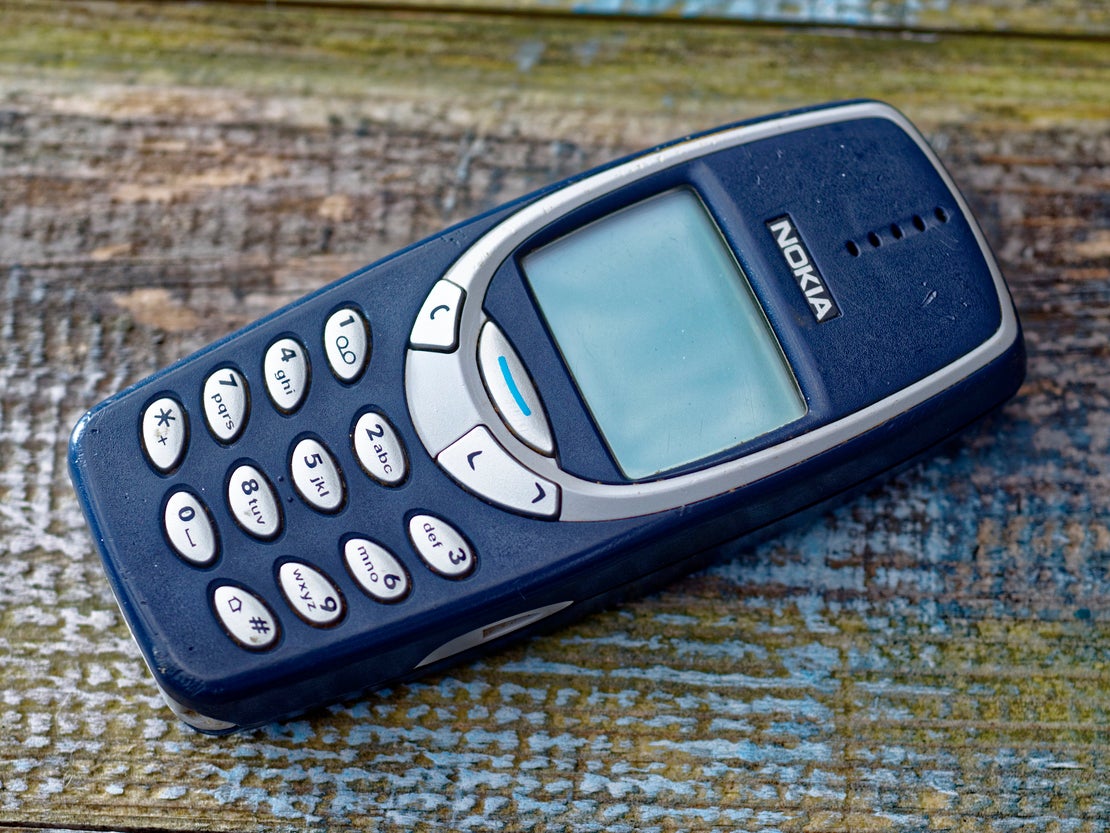The Independent's journalism is supported by our readers. When you purchase through links on our site, we may earn commission.
'Dumbphone' sales rise as people seek to disconnect and be more mindful
Sales of handsets without internet connectivity rose by 5 per cent last year

Sales of “dumbphones” are on the rise as consumers increasingly seek ways to disconnect from the technology so many of us rely upon for work and everyday life.
Handsets that are not connected to the internet and only allow the user to make calls and send texts are becoming increasingly popular, with sales having increased by as much as 5 per cent last year.
In contrast, smartphone sales rose by just 2 per cent.
As well as providing a way for people to switch off and be more mindful of their surroundings, dumbphones are proving popular with some older people who find smartphones unnecessarily complex to use.
“I’m not surprised at all by these latest figures,” author of Stop Staring at Screens, Tanya Goodin, tells The Independent.
“I’ve seen more and more people over the past year switching, at least partially, to a dumbphone to get some respite from the relentless onslaught of the digital world.
“As software platforms work harder and harder to keep our eyeballs glued to our screens and willpower simply doesn’t work, it seems we’ve all become aware that switching off completely is the only way of getting a break.”
The new statistics provide a stark contrast to recent research which found that 78 per cent of the British public believe they couldn’t live without their smartphone.
According to Ofcom, 92 per cent of people believe having a phone with internet connectivity is essential.
Despite this, two in five people feel they spend too long on their smartphones, which is why some are making the shift to dumbphones.
Psychologist Dr Daria Kuss believes smartphone addiction is very real: “[Smartphone users] may be aware that they’re using it too much however they can’t stop themselves,” she told Sky News.
“They may be afraid to miss out on anything that may be happening on their social media channels being one of the reasons why they use it compulsively and this may lead to symptoms that have been associated with addiction like withdrawal, preoccupation and loss of control.”
If you’re feeling like too much of a slave to your smartphone, there are various types of dumbphone on offer: candy bar phones (rectangle-shaped phones with a small screen and number keypad), flip phones and phones with a QWERTY keyboard, which may be rectangular or with slide-up screens.
One of the most popular dumbphones on the market is the Nokia 3310, which costs around £49.99 – a significant amount less than the latest smartphones, which retail for hundreds of pounds.
A return to old technology might just bring more benefits than simply the ability to play Snake again.
Join our commenting forum
Join thought-provoking conversations, follow other Independent readers and see their replies
Comments
Bookmark popover
Removed from bookmarks